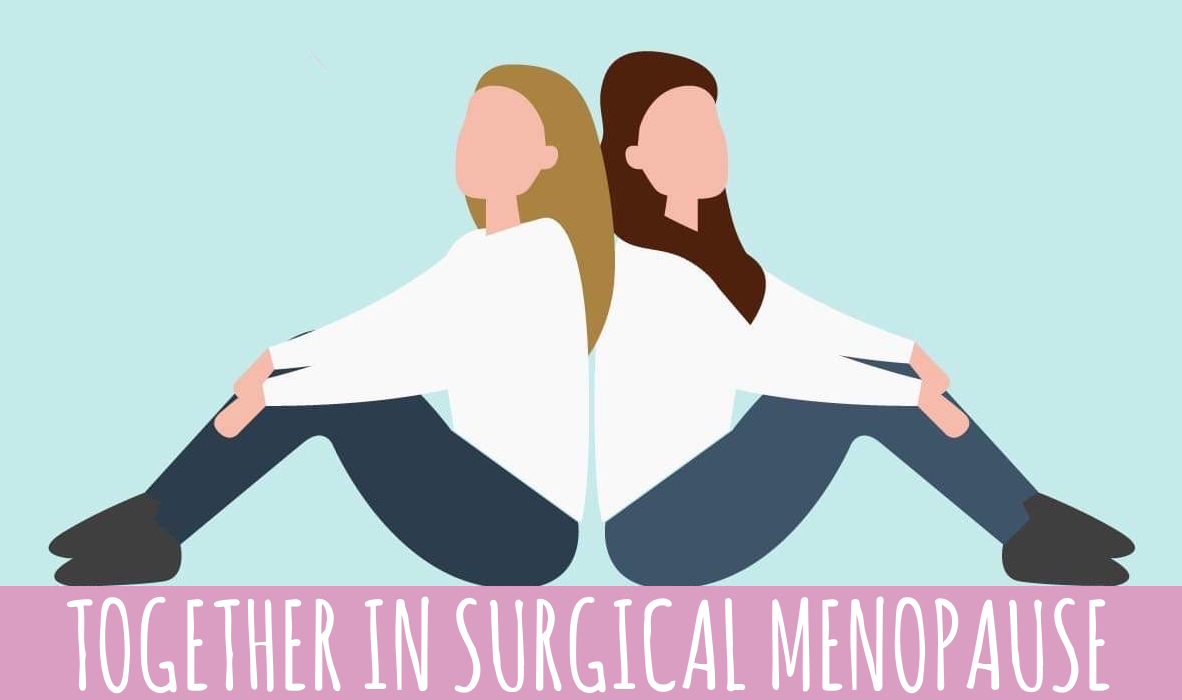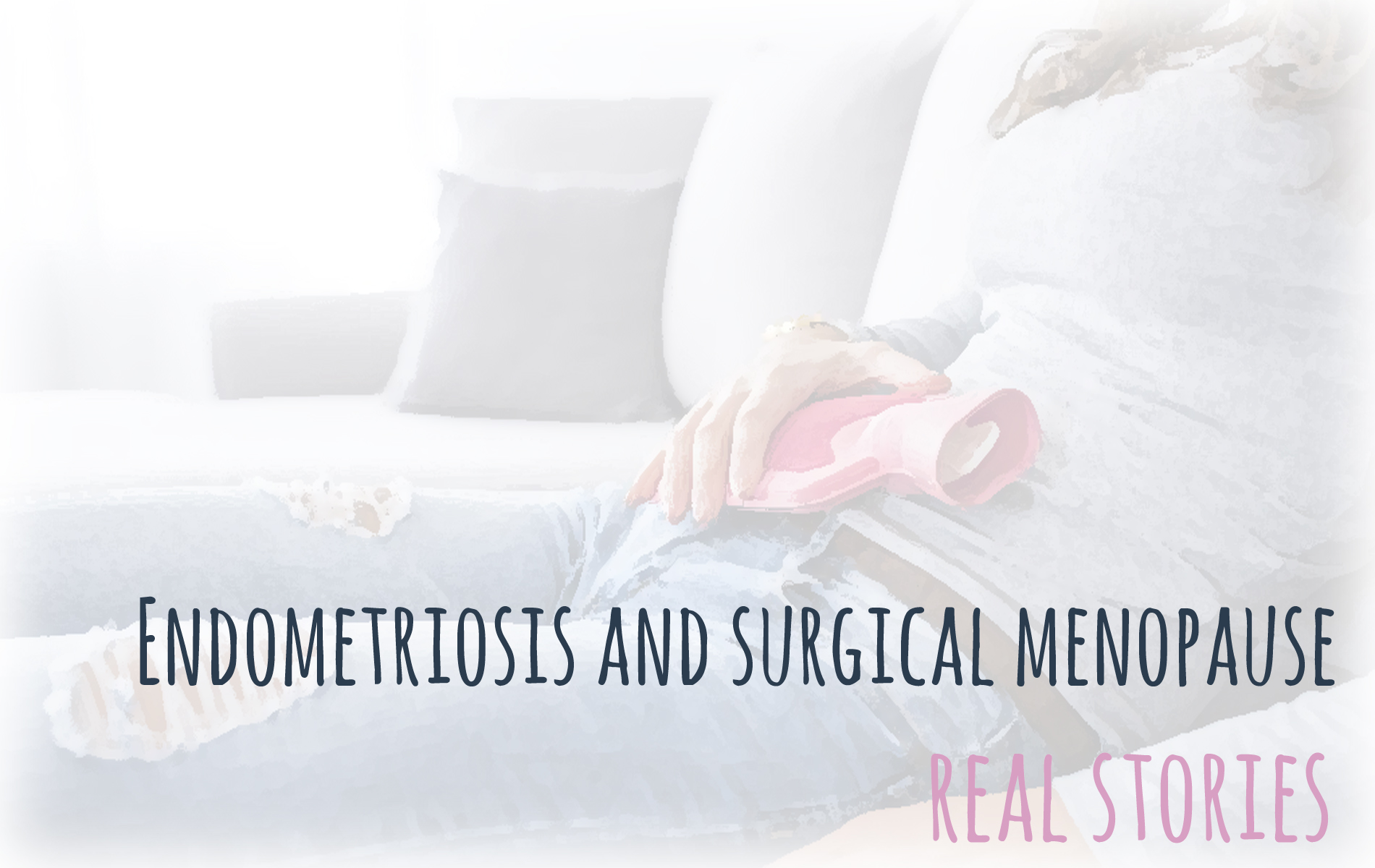


Rachel first started to experience Endometriosis symptoms when she was around 18 years old. For around 4 years, she was back and forth to her GP and misdiagnosed with IBS amongst many other things.
“I lost all of my twenties to being in bed for most of the weekend as I spent the weekdays fighting the pain to get through my work and holding down a job but by the evenings and weekends I had nothing left to give.”
Rachel said she felt fortunate enough to have someone to bolster her fight to be heard. Her late godfather was a professor in gynaecology in America. She recalls talking to him and that it was he who suggested her symptoms could possibly be endometriosis. He told her that she must keep fighting to be looked at.
Around 4 years after first experiencing symptoms, Rachel finally had a laparoscopy which did indeed diagnose endometriosis. The surgeon explained that he didn’t feel confident enough to laser the endometriosis as it was all along the lining of the bladder.
More months and years passed during which Rachel was really struggling with the pain and symptoms of endometriosis.
She explains that as result of the hormone imbalance she was experiencing she also developed a skin condition where her face was covered in nodule cysts, which really affected her confidence.
By chance her mum read about an endometriosis specialist in Devon, which was only the next county up from where she lived in Cornwall.
Again, she faced a fight to get this referral and there was also a long waiting list.
Once in his care, he agreed to do another laparoscopy and laser what he could but he warned Rachel that it would probably grow back in 5 years and could potentially come back worse.
“I agreed to proceed as I just wanted some relief from what I was currently experiencing”.
Things were ok for a time, but year on year things started to get worse. Almost five years to the day of her laparoscopy Rachel was pretty much back to where she had started. The pain and the bleeding were horrendous. She felt so tired and run down, something she described as being difficult to explain to others – this wasn’t just a bad period.
Rachel was in her mid 30s when a hysterectomy was discussed as an option. “I was exhausted. I had had enough and I think, in my desperation, I just said to take it all out”.
Rachel had her hysterectomy and oophorectomy in 2013. She was given some HRT tablets and sent home.
She said the wheels started to come off quickly. Her surgical menopause symptoms came thick and fast: night sweats, hot flushes, hair loss to name a few. When she was able to drive again after her surgery she recalls driving to a big open space near a cliff top, not wanting to do anything to herself but feeling blank. “My head, my personality, I felt completely lost – I didn’t know what to do for the best. I picked up the phone and rang a friend and said I didn’t know what I was doing here!”
Rachel was back and forth again with several trips to see her GP before finally being referred to the only menopause specialist there was for her area. After a long wait, Rachel described seeing this Specialist GP as being life changing in the sense that she was finally understood and educated in all thing’s surgical menopause from vaginal dryness to the psychological symptoms. She worked with Rachel to get her HRT balanced and stable.
Rachel now has to access this care by paying privately. “NHS Cornwall decided to pull funding for the one menopause specialist we had and now we have nobody to address an issue that all women will be affected by at some stage in their lives. With the demographic of the county being largely on the poverty line and/or retirement age, paying privately is just not an option for many and is a disgrace”.
When asked about how her quality of life compared before and after surgery, Rachel acknowledged that pain wise she is a lot better and that she is glad about that.
“…but to get my endo under control, I’ve gone and got myself a whole new list of problems. It just doesn’t seem fair. 20+ years navigating the system for endometriosis and now surgical menopause – the number of frustrated tears I have cried on top of all the pain – people in the system of health care not showing any care, this is what upsets me more than anything”
Rachels last words of advice were to do as much research as possible, find out who is out there to actively help you, what doctors are in your area to help you. She also recommends following Dr Newson (@menopause_doctor) and Jane Lewis (@my_menopausal_vagina) on Instagram as she has learnt a lot from them both.